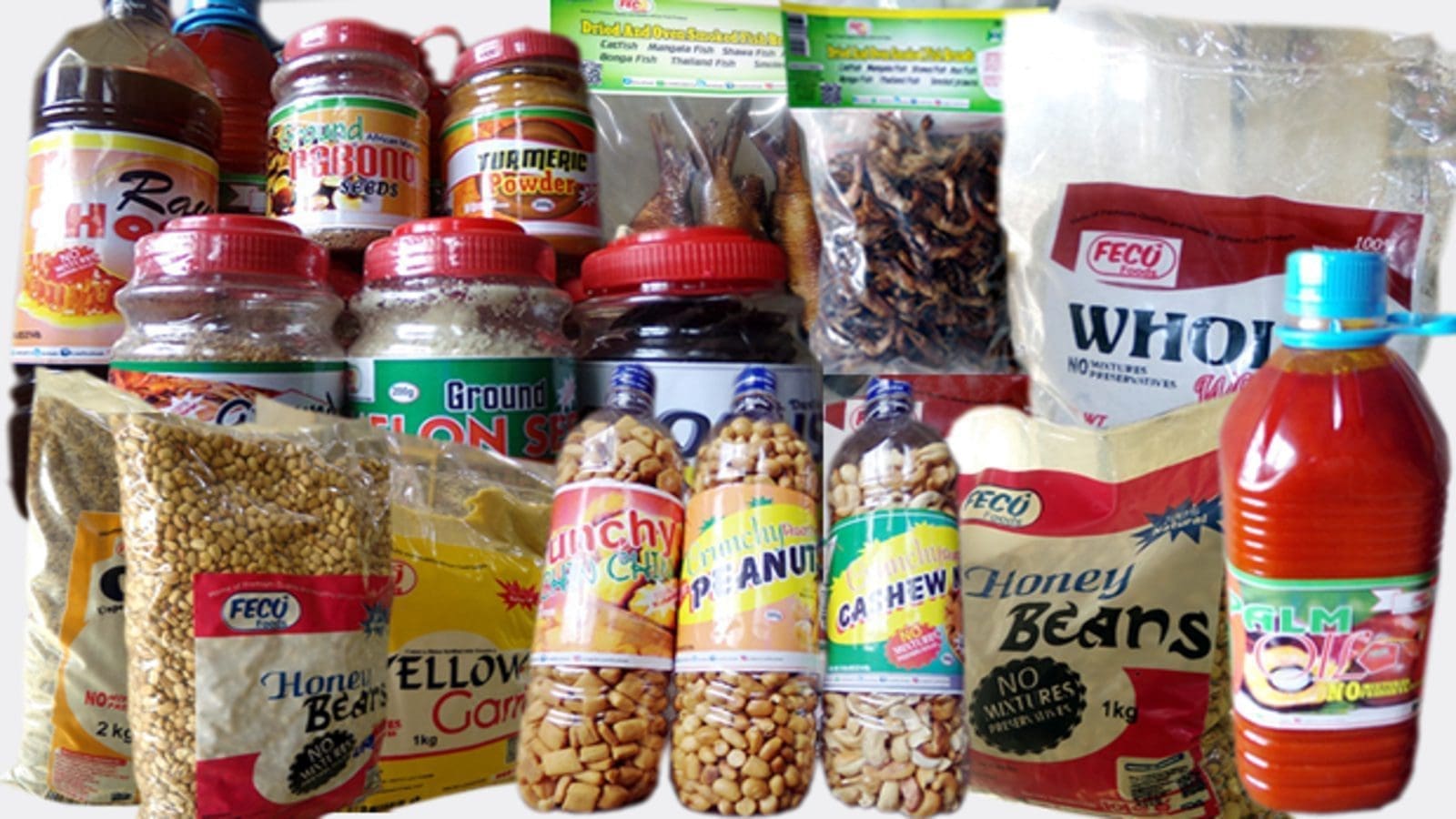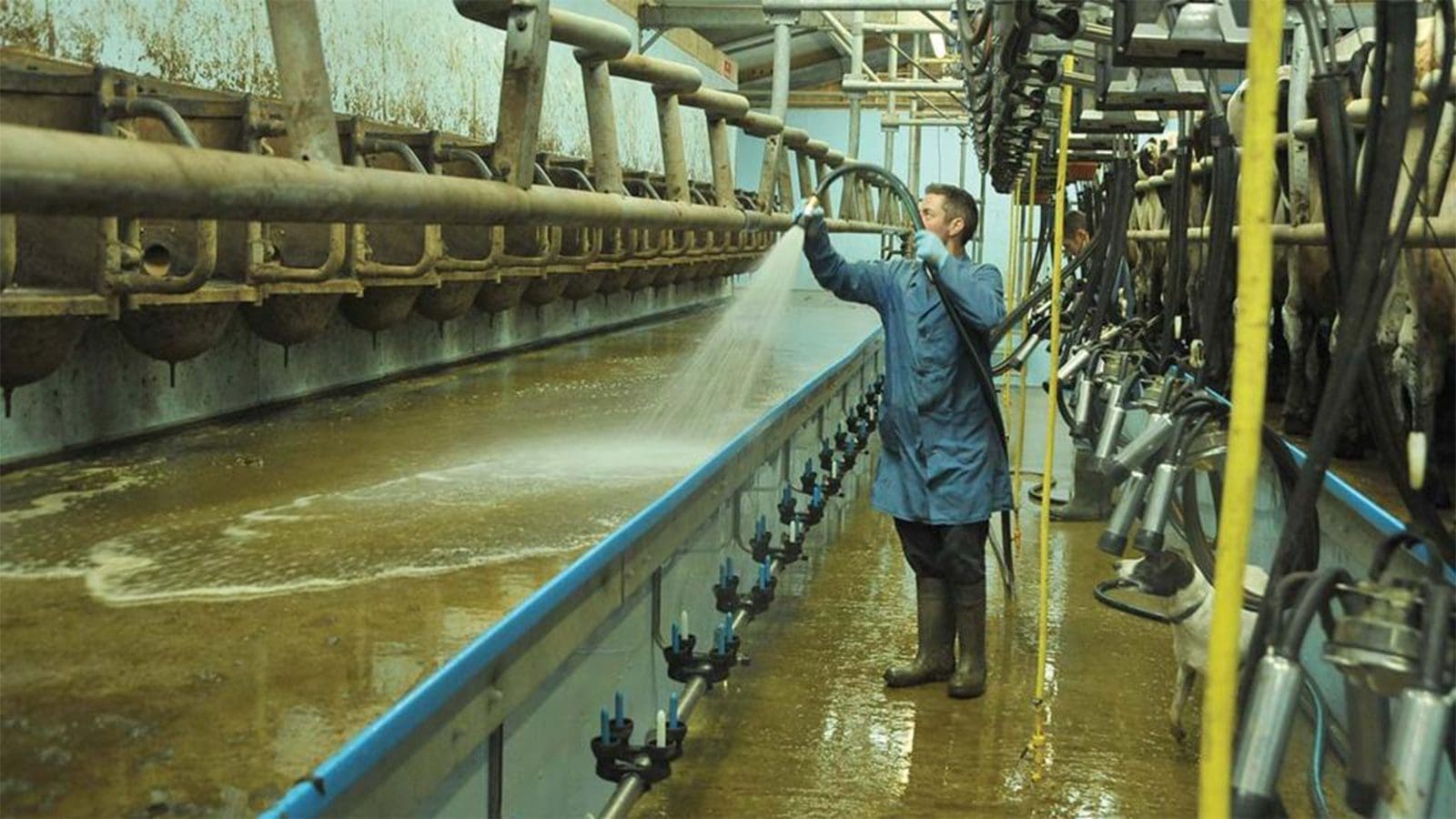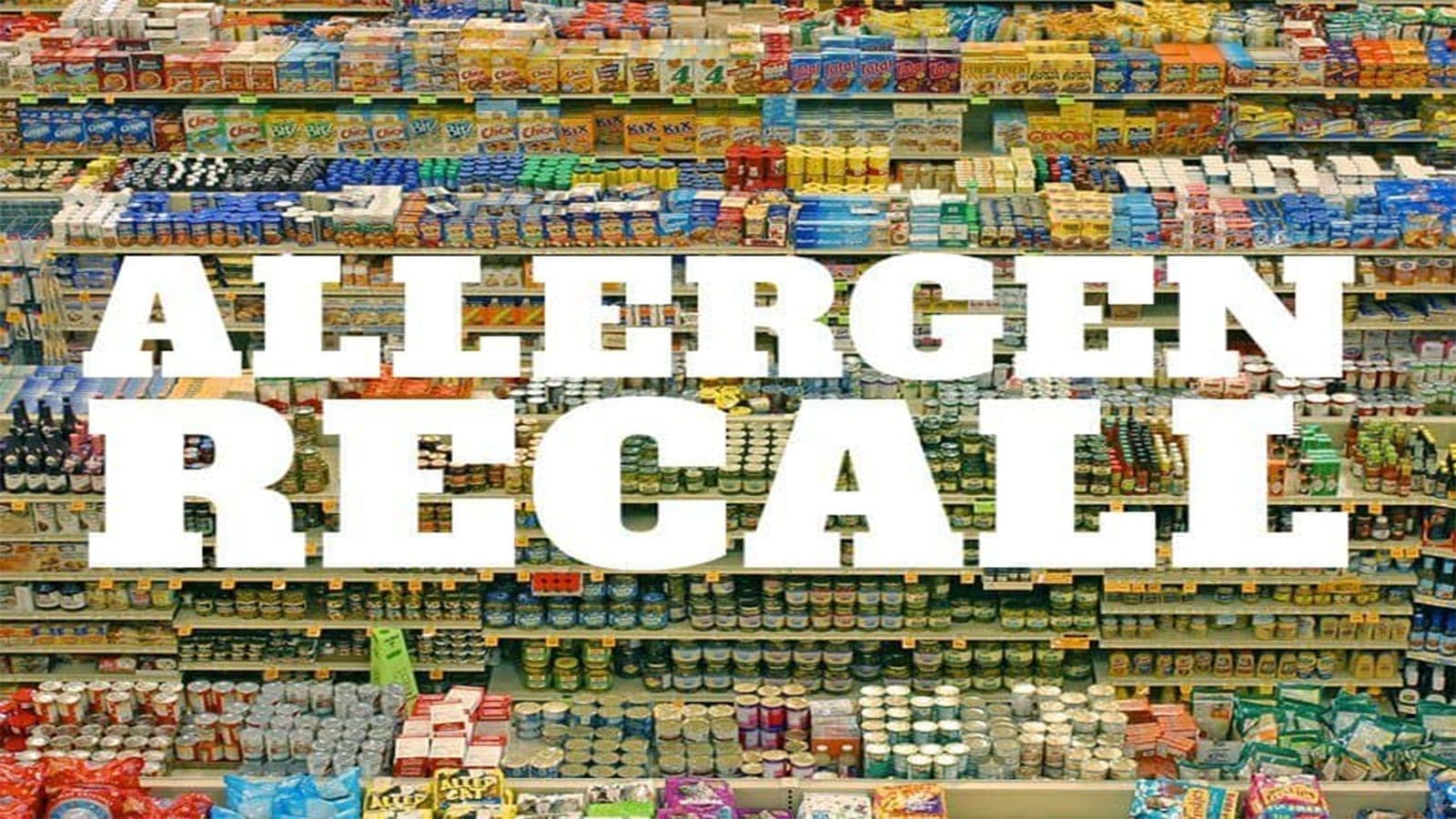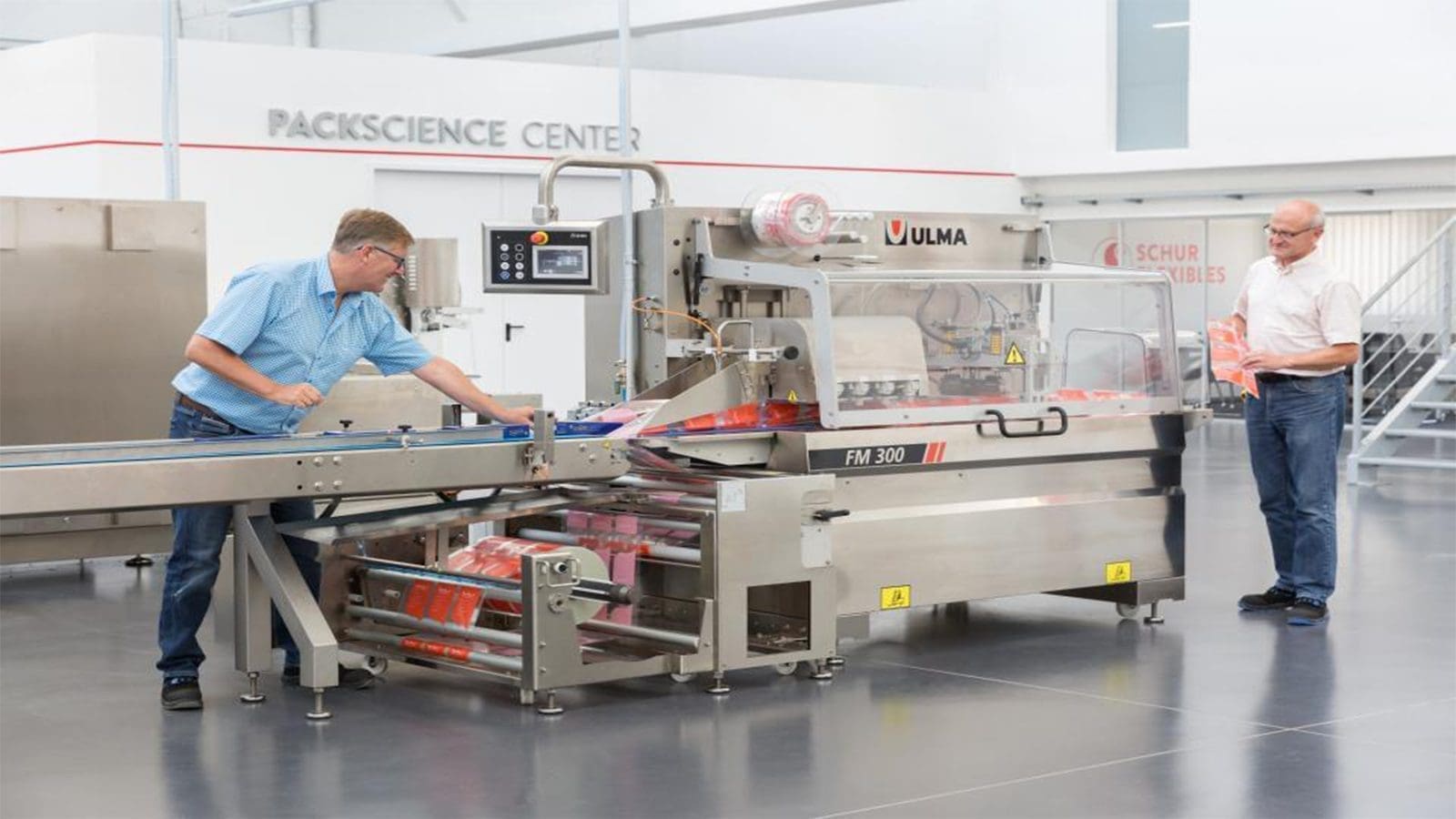NIGERIA – The Standards Organization of Nigeria (SON), has challenged Nigeria’s manufacturers to produce quality products which meet international standards to enable the country’s competitiveness in African Continental Free Trade Agreement (AfCFTA), an agreement created to provide a single continent-wide market for goods and services.
Speaking at a SON capacity building workshop for Journalists, Director General, SON, Mallam Farouk Salim, informed that the agency had undertaken investigations on how defective goods come into the country with a view to stopping such unwholesome trade.
“We are working diligently both within, outside and underground to improve the activities of the organisation so that we can serve our country. This is very important because we have the new AfCTA where goods would be crossing the border without much hindrances. What that means for our country is that if our manufacturers are not manufacturing up to standard goods, the commodities will be rejected at the border for failure to meet the standards set by the destination country,” he stated.
The country has in the past faced constant rejection of it’s export goods by the European Union and United States. The NAFDAC boss, Prof. Mojisola Adeyeye, recently raised an alarm concerning the issue at a virtual technical roundtable on the quality and safety of export food trade.
The SON director noted that it is the agency’s responsibility to ensure goods are up to standards. He pointed out that substandard goods can never be wholly eliminated in any society but can only be minimized. Further, he said the organization will ensure the culprits of substandard products face the full wrath of the law.
In her presentation, Director, Standards Development, Mrs. Chinyere Egwuonwu, revealed that the organisation had a three-year plan between 2020 and 2022 to aid standard implementation.
The Nigerian authorities have rolled out a wide range of training materials in an endeavor to improve food safety.
The Federal Ministry of Health launched a unified food safety training manual for capacity building of food vendors, handlers, manufacturers and personnel in the food supply chain in the country. The aim is to address gaps and strengthen the food safety system at the federal, state and local government area levels, so as to develop a safe and reliable food supply chain from farm-to-table and prevent foodborne illness.
“Food safety and hygiene is critical for achieving primary health care as it constitutes one of the major pillars of disease prevention and health promotion,” said Osagie Ehanire, Minister of Health.
Ehanire added that the food safety training manual was developed by stakeholders in Nigeria and would be of value in training farmers, food processors, marketers, and vendors on the need to ensure that food sold, marketed, and consumed meets national and international standards.
EGAC’s signatory status in AFRAC extended
Egypt’s Minister of Trade and Industry Nevine Gamea has announced, that the Egyptian Accreditation Council (EGAC), signatory status in the African Accreditation Cooperation (AFRAC), a cooperation of accreditation bodies in Africa and other qualifying organizations interested in conformity assessment, has been extended to 2025.
EGAC is the sole national body for the assessment and accreditation of conformity assessment bodies in Egypt performing testing/ calibration Laboratories, inspection and certification of products & systems as well as personnel. It is headed by the Minister of Trade & Industry and governed by a board of 14 members, representing all stakeholders and concerned bodies.
According to Daily News Egypt, Gamea said the decision was important to the local industrial community in terms of promoting intra-Africa trade.
EGAC Executive Director Hany El Desouki said the renewal of recognition comes after the success of the evaluation and inspection visit conducted by AFRAC to the Egyptian authority on 11-16 July. He added that the AFRAC evaluation coincided with a similar visit by the International Laboratory Accreditation Cooperation (ILAC) and the International Accreditation Forum (IAF) representatives.
El Desouki further noted that the EGAC is the only body in the world that has been recognized by both ILAC and IAF, in addition to three regional accreditation organizations: the Arab Accreditation Cooperation (ARAC), the European co-operation for Accreditation (EA), and AFRAC.
In order to join the AFRAC Mutual Recognition Arrangement (MRA), an accreditation body is evaluated in accordance with the relevant rules and procedures and upon being granted AFRAC signatory status, signs the AFRAC Certificate of Recognition as an MRA Signatory.The scope of recognition of a Signatory may be extended or reduced in accordance with the relevant rules and procedures.








